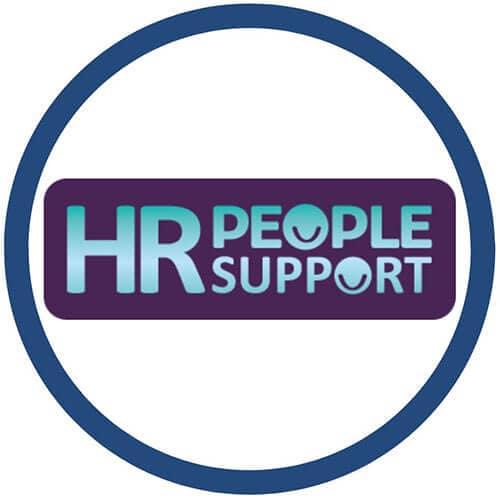- Since 2016, the UK gig economy has doubled in size, and workers’ rights are under scrutiny.
- Companies may soon have to compensate zero-hour workers if shifts are withdrawn at short notice.
- Statutory sick pay could be extended to 2 million further low-paid workers including some in the gig economy.
The term atypical covers people working under short-term or freelance contracts, agency workers and those who are sometimes questionably self-employed. It offers many people the chance for a good work/life balance. And for companies, it’s a flexible way to operate as they can scale up to meet customer demand. But it is a grey area with room for abuse, both to the tax man and workers’ rights. As the government launches a new consultation Amanda Strange from The HR Dept highlights some new proposals that should be on local employers’ radars.
Amanda explains: “For all the flexibility, there’s an acknowledgement that it can undermine workers’ rights. High profile court cases, involving Uber for instance, have confirmed as much. Low-paid workers are particularly vulnerable.
“One such area concerns zero-hour contracts. Employers may be compelled to compensate workers for cancelled shifts under flexible or zero-hour contracts. The government are consulting on what a reasonable notice period for weekly hours might be, and how workers can be protected from penalty if they turn down last-minute shifts.”
Data suggests that 17% of workers receive a day or less of notice when shifts change. And 40% of workers say their hours vary from week to week. A Low Pay Commission study found that 1.7 million people felt anxious about unexpected changes to working hours.
Amanda continues: “In a separate policy, The Department for Work and Pensions is looking to expand statutory sick pay to cover an additional 2 million low-paid workers. This would include atypical workers who met certain conditions.
“Flexibility can benefit both parties but these people are vulnerable to abuse by businesses which should know better. But when offered genuinely, flexible work can be a positive force. Companies do need to keep up with this changing landscape. We’d recommend taking advice to ensure they are, and remain, on the right side of employment law.”












